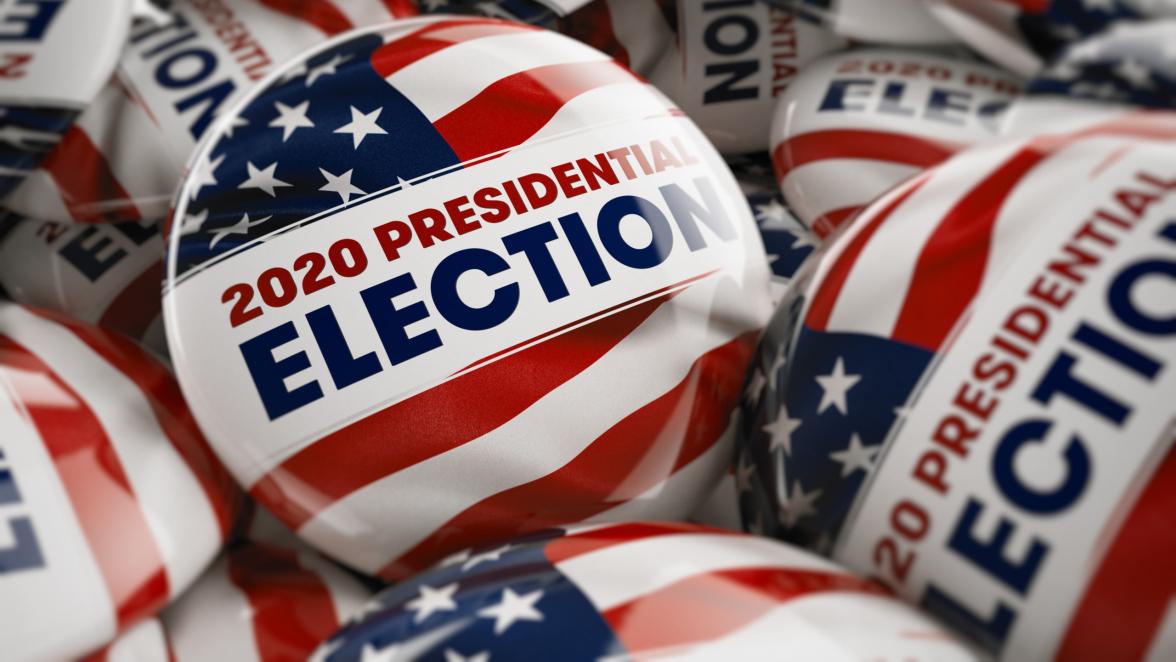In 99 days, Americans will choose the next President of the United States. Presidential elections are weighty affairs, heavy with history and allegory, and they serve as a mirror to America – where we think we are, where we think we should be headed, and how we think we should get there. While it is easy to fall into hyperbole when discussing Presidential elections, the 2020 vote will likely prove more significant than most. The US is more culturally and politically divided than at any point since the 1960s. We are coming out of the deepest economic downturn since the Great Depression while facing a spreading virus as well as months of mass peaceful protests – and civil unrest – in our biggest cities, all while being confronted with a rising and increasingly assertive China. Given all of that, it isn’t surprising investors are shifting their attention from the market and economic implications of COVID-19 to the Presidential election and what it might mean for the economy and the market.
While we are investors and not political scientists, we have some thoughts about the election. At a high level, our 2c fall along the following lines:
- 99 days is an eternity in politics. So, investing too heavily today in any polling data or pundit prognostications is time poorly spent.
- The election is likely closer than polls indicate and national polls are meaningless, as this election – like 2016 – will be decided in a handful of states.
- We are suspicious that any change in control in Washington, D.C. will lead to a meaningful change in fiscal policy. Said differently, it is unlikely taxes will rise and spending will fall in 2021.
- Markets will probably be volatile through October before rallying into year-end.
- The most likely outcome is some form of a divided government - a result Wall Street will welcome.
Tagged: weekly wire, market perspectives, Tim Holland, 2020 election, Presidential Election, COVID-19




























